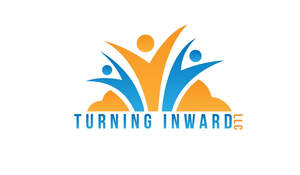|
Cognitive Behavioral Therapy or CBT is a form of psychotherapy (or ‘talk’ therapy).
It is well researched and has been scientifically validated making it an “evidenced-based treatment”. It focuses on the client’s current difficulties and what is maintaining them. CBT helps treat depression, anxiety, trauma, and other mental health concerns. CBT is a collaborative treatment with active involvement from both therapist and client. Working together, the therapist helps the client recognize problematic thinking patterns and helps the client explore and identify more realistic ways of viewing situations. Homework is a component of treatment which may include articles to read, relaxation exercises, daily or weekly goals, worksheets to complete, practice identifying errant thinking, and learning to make connections between your thoughts, feelings, and behaviors. CBT is generally considered a short-term therapy with the number of sessions ranging from 5-12 sessions depending upon the individual, their needs, and their commitment to practicing what they learn in their sessions in real life. As a mental health professional, I really like using CBT with clients as it provides a quick treatment and tools to help ease anxiety, depression, symptoms of trauma and other mental health concerns. CBT teaches coping techniques, that once learned, can continue to be of help throughout your lifespan. Some mental health professionals say that CBT should be taught in school, and I couldn’t agree more. If CBT is a treatment approach that interests you, please feel free to reach out to me to learn more at 937-321-9794. All the best! Tracy Hunt, MSEd, LPCC Turning Inward LLC https://www.turninginwardllc.com #cbt #cognitivebehavioraltherapy #cognitivedistortions #brieftherapy #cbtforanxiety #cbtfordepression #gad #copingskills #successhabits #anxietyhelp
0 Comments
|
|
Copyright ©️2024 Turning Inward LLC




 RSS Feed
RSS Feed